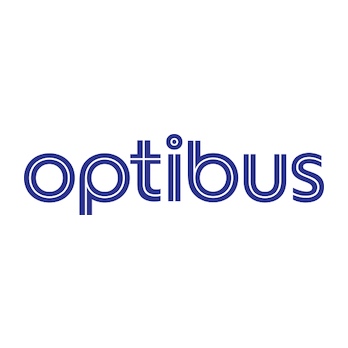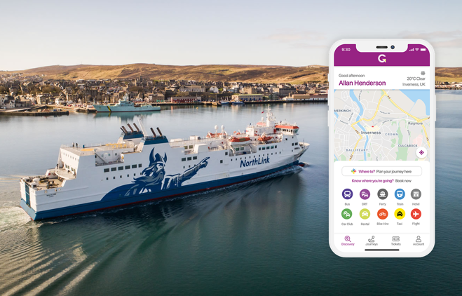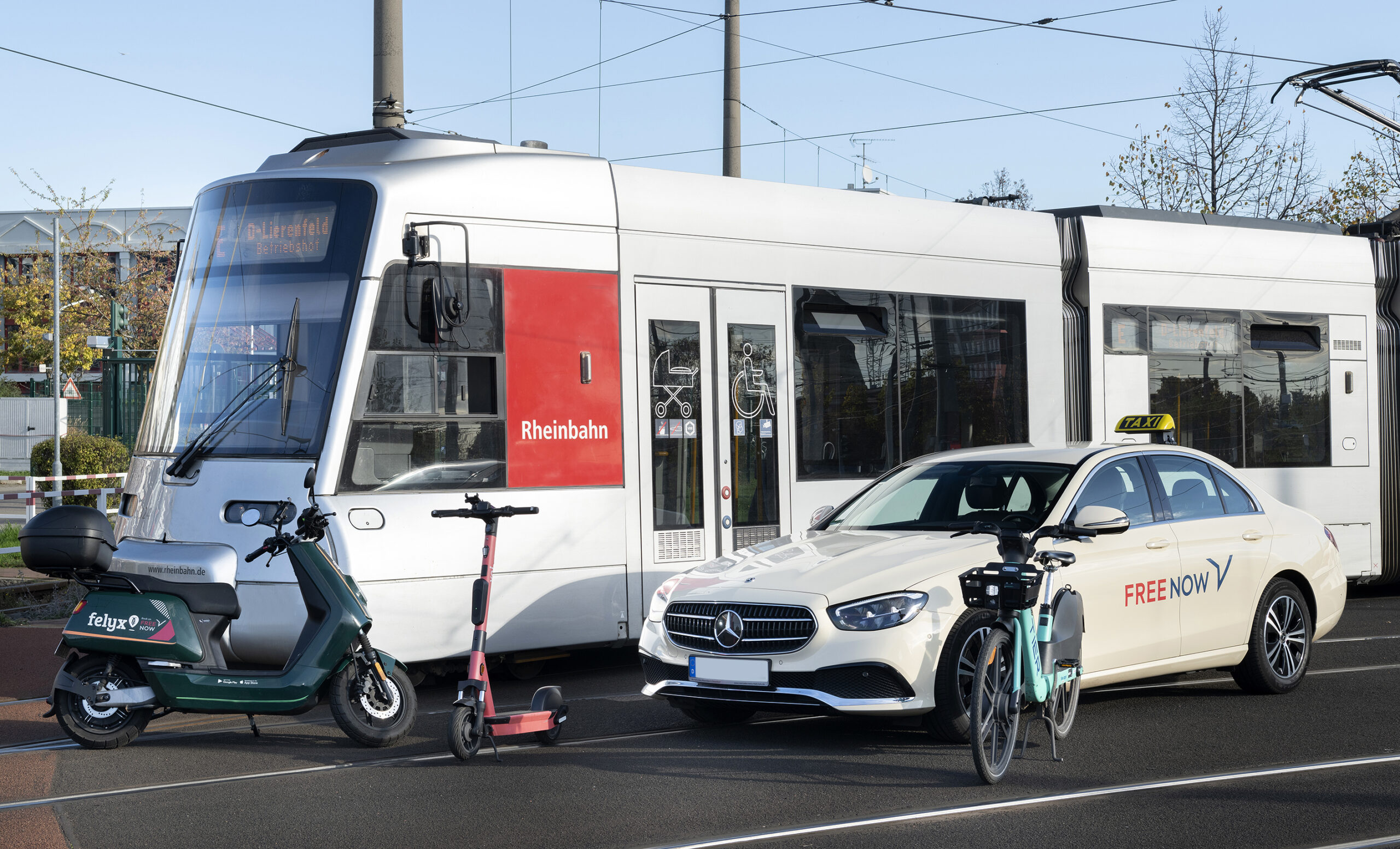On November 15th Optibus returned to Paddington Station in London, where its European business started out years ago.
The first ever Optibus Hub EMEA User Conference was launched, in a response to a continuously growing community of users and partners across the region.
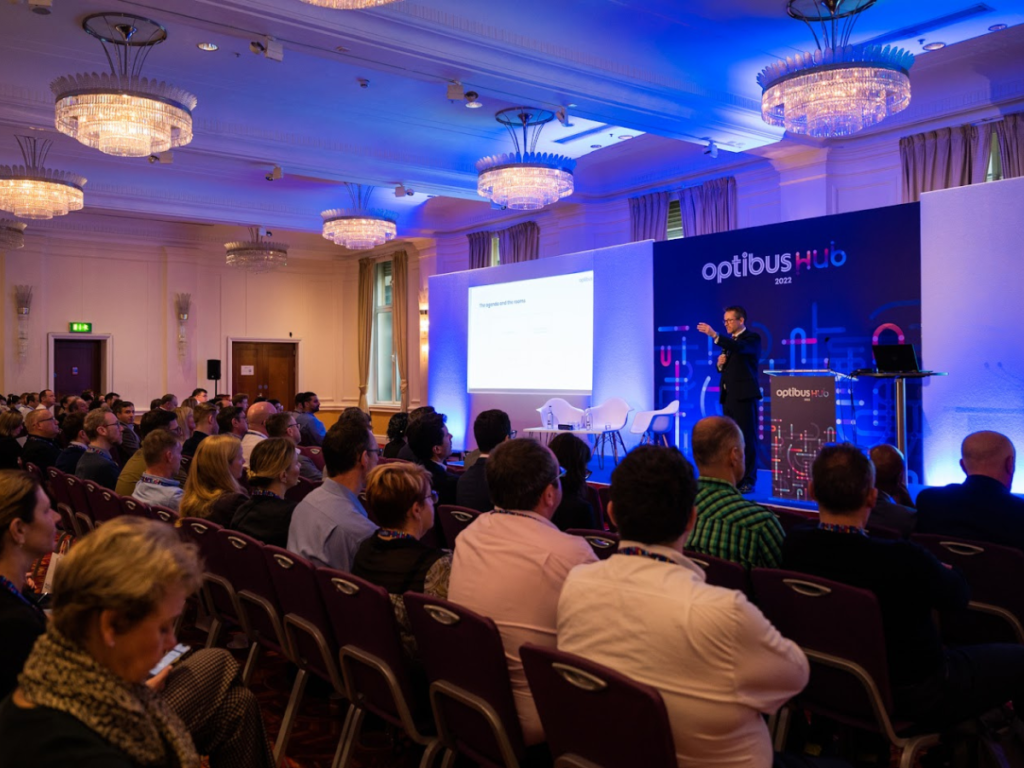
Dave Joshua, General Manager EMEA, said:This is just the starting point for engaging our growing user community across the region and offers an opportunity for customers, partners and internal subject matter experts to discuss industry challenges as well as specific customer requirements.
The Optibus Hub attendees had the opportunity to join presentations and panel discussions about the most pressing challenges in the public transport industry as well as sessions on how to improve their software knowledge in order to better achieve their goals. In addition, they could book dedicated time with any of the Optibus teams to discuss open questions or give feedback. We gathered 5 key takeaways from the discussions of the two day event.
Modernising Companies to Attract Workforce
Many industries are having a hard time attracting new employees. The public transport industry faces this challenge on multiple fronts as they need a wide range of skill sets, from planners, to schedulers, drivers, business professionals, etc. The demographic shift which contributes to a shrinking workforce and a poor image of the public transport industry significantly contribute to the issue. This is not only a future problem but leads to challenges in scheduling and rostering today.
While the issue is very complex, one way the public transport industry can face this challenge is by modernising their organisation and image. We dissected two key aspects:
On the one hand the integration and usage of new technologies can lead to less manual and more seamless experiences for planners, schedulers but also the operational staff. These new technologies can contribute to more flexible work environments, bringing together experienced colleagues with a new generation of employees. Graham Moore, Group CIO at Stagecoach Group and Duarte Cunha, Planning and Operational Control Manager TST Portugal shared their experience about their digital transformation, which they primarily undertook in order to reduce manual processes and to get ahead of siloed data as well as to shorten the time required to prepare public transport plans and respective schedules. A common theme in the discussion was the importance of employee participation when setting up new structures and processes to secure the success of the implementation.
On the other hand the industry has a huge untapped potential by opening up towards a more diverse group of employees, including actively recruiting women and younger generations. In a society where purpose is playing an increasingly significant role in career paths, the public transport industry is in an exceptional position to capitalize on the social and environmental role it plays in our world. Developing, defining and communicating those values can go a long way in attracting a new generation to build the sustainable mobility ecosystem of the future.
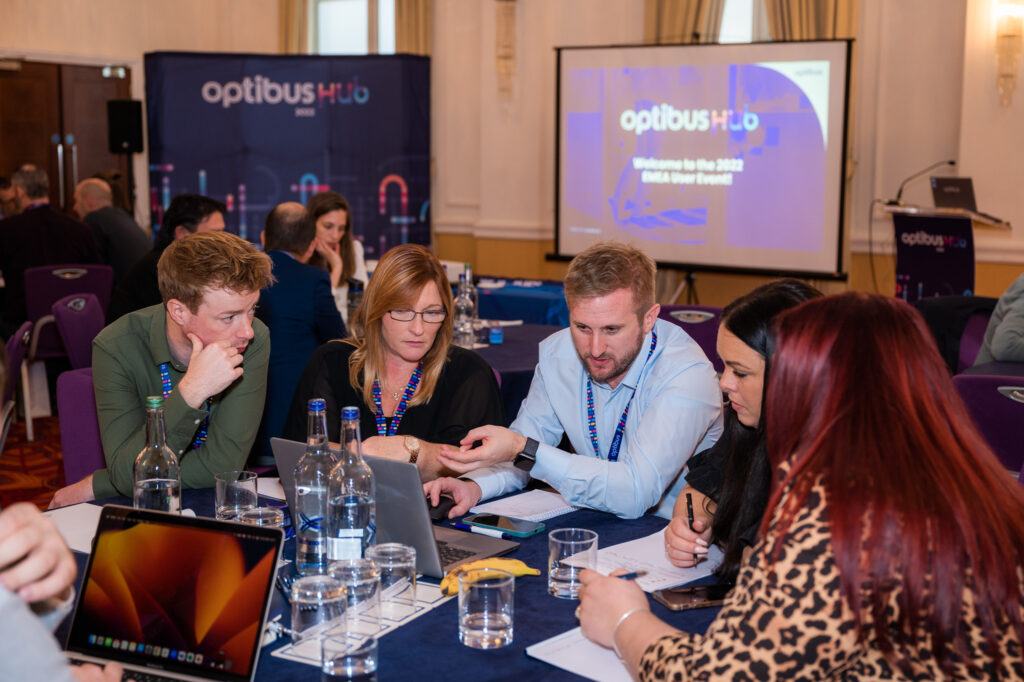
The Growing Need for Flexible Planning
A major consequence of the pandemic, beyond the immediate lockdowns, was the rapidly fluctuating travel demand and the long term shift in travel patterns. In order to efficiently serve these new habits, public transport has to significantly modernise, integrating new technologies that help to optimise the networks according to changing circumstances. This can allow for operational efficiency, while contributing to a better passenger experience.
Providing Public Transport for All
In order to achieve climate goals and contribute to a sustainable society, the industry has to look at their service from a holistic perspective. Accessibility is not only limited to providing access to education, employment, healthcare, etc. but also needs to consider factors such as financial accessibility, perceived safety, diverse travel patterns in terms of geography and timing and the various requirements throughout traveling.
During the conference Tondeka Metro Company and SCINTL shared their experience about building the first formal public transport network in Kampala, Uganda. Beyond the immediate environmental benefits of the new system, having a formalised network enables a large part of society to get better access to employment, education, healthcare and other basic services.
Shifting to Sustainability through Electrification
While there has been a strong focus on modernising technology and companies, one can not ignore the massive requirements in regard to hardware when it comes to achieving sustainability goals. We can see a steady growth in the number of electric vehicles, but in order to make the transition successful many players have to come together across the public sector, technology, operational departments and hardware providers. To make electrification work, collaboration is key. All market players involved need to connect and create ecosystems to facilitate an efficient and effective incorporation of electric vehicles.
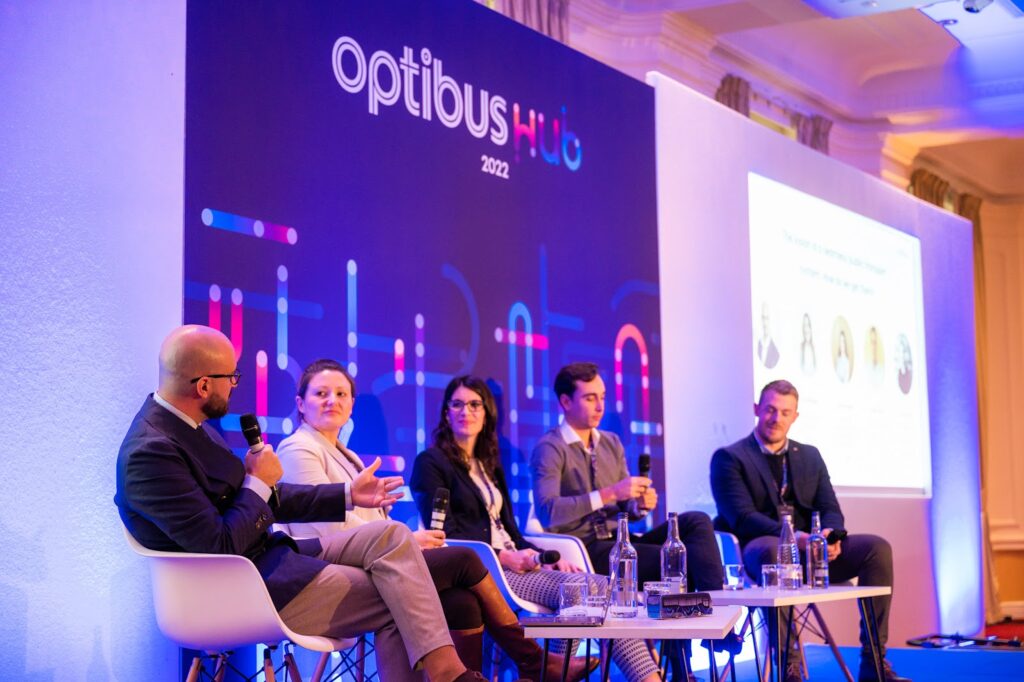
It Takes a Village to Build Great Mobility
Amos Haggiag, CEO and co-founder of Optibus, said:Public transport affects the lives of millions of people worldwide, it connects people to school, university and health care, and reduces reliance on cars which in turn reduces emissions and is better for the environment.
Mobility is complex and so are the processes behind serving the diverse needs of society. There is a wide consensus that while the cities and municipalities play a major role in setting the scene for a paradigm shift in public transport, all other industry players have to come together to build mobility services that are passenger centric, equitable, efficient and sustainable.
This is where Optibus wants to become an integral part of contributing to the community. As a technology provider with a wide range of Customers, Partners and a strong industry network, we want to turn the Optibus Hub into a place that connects across industries and contributes to a strong community that can tackle challenges together.

This article was originally published by Optibus.

